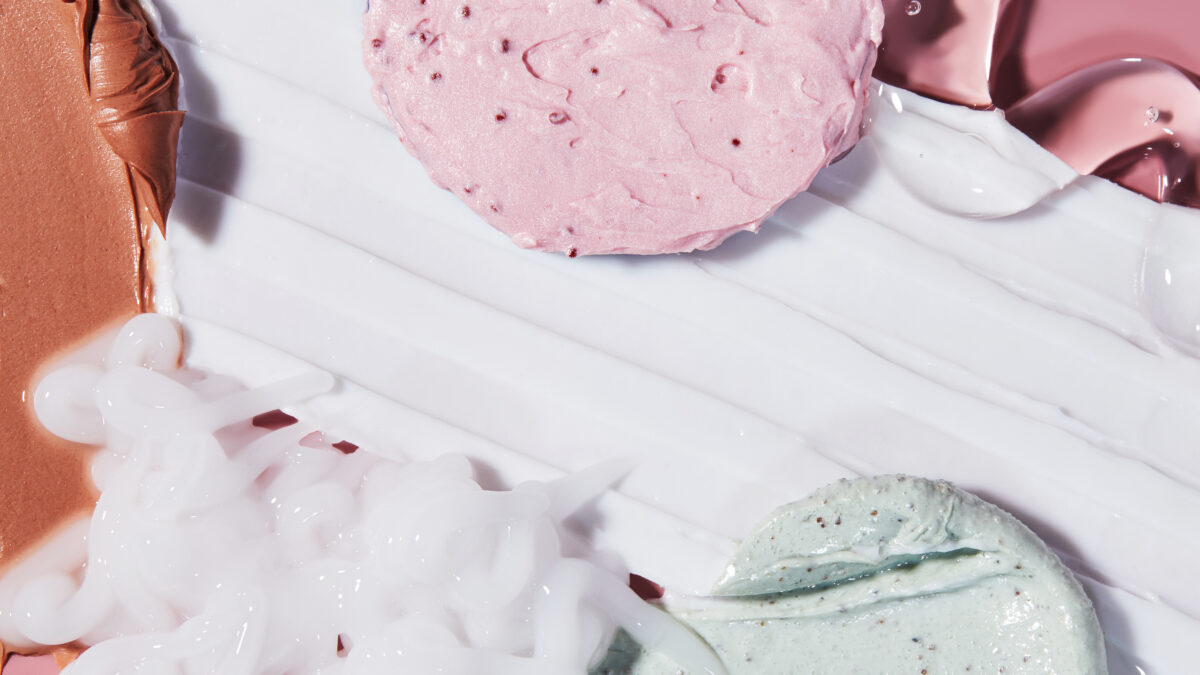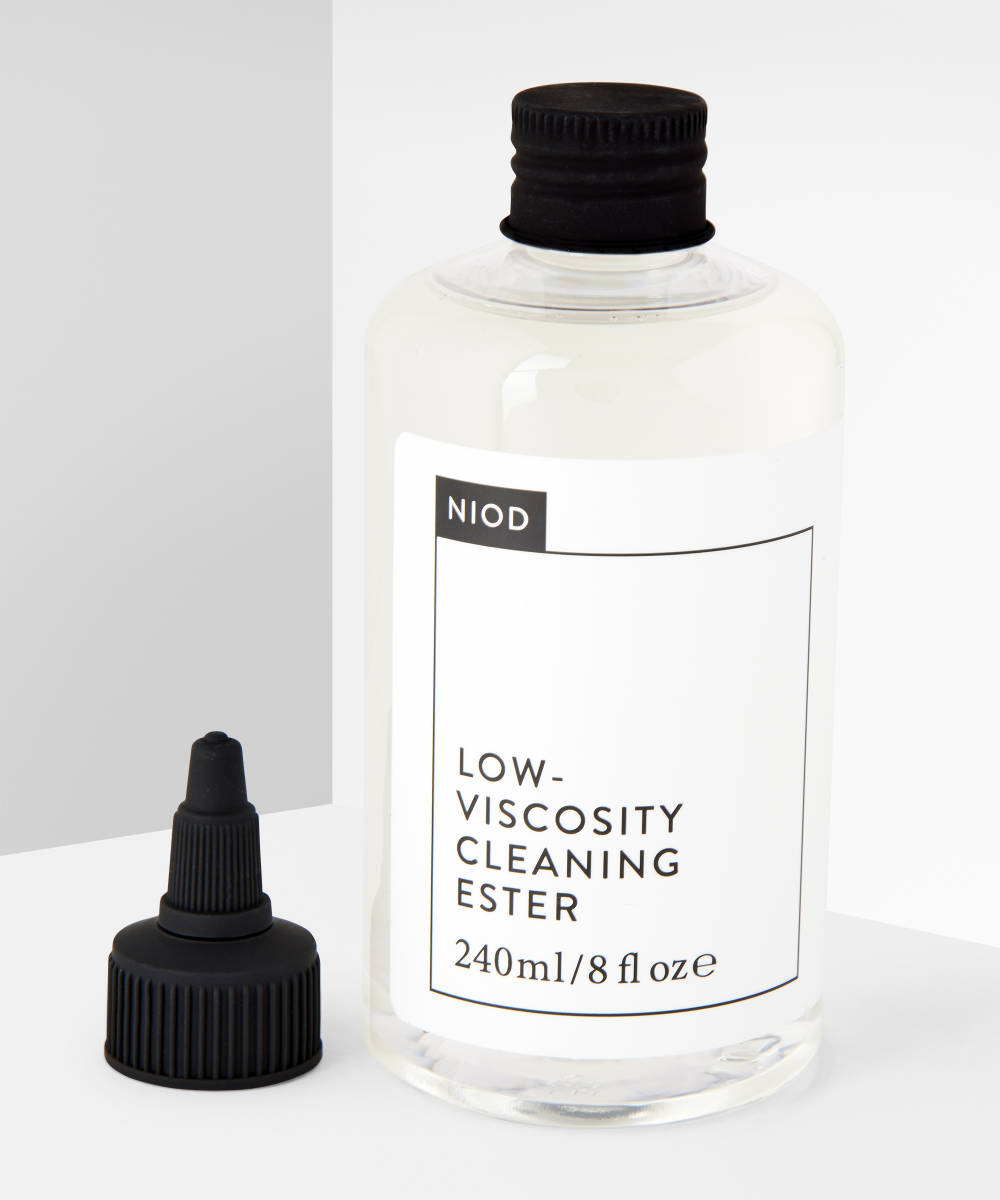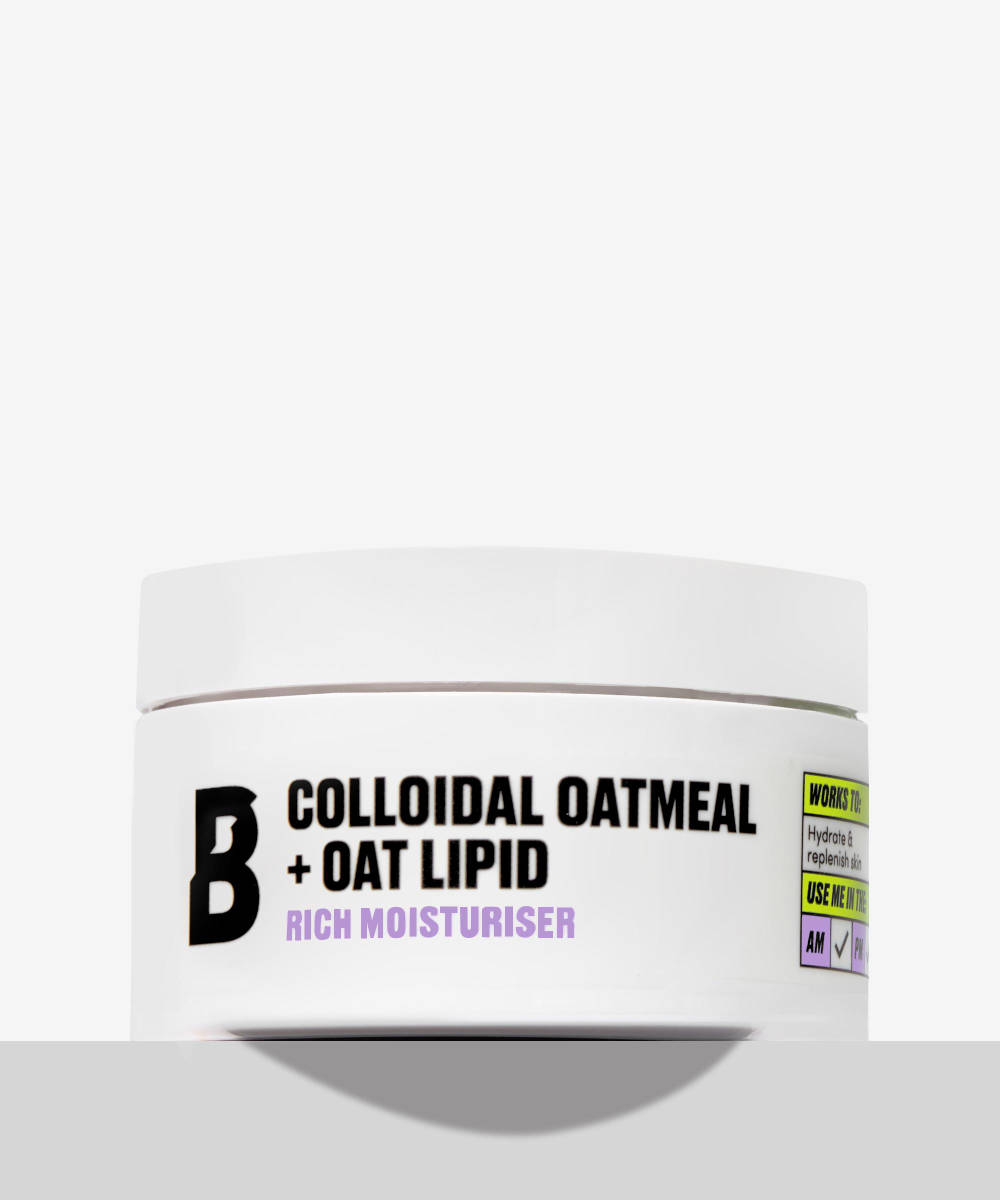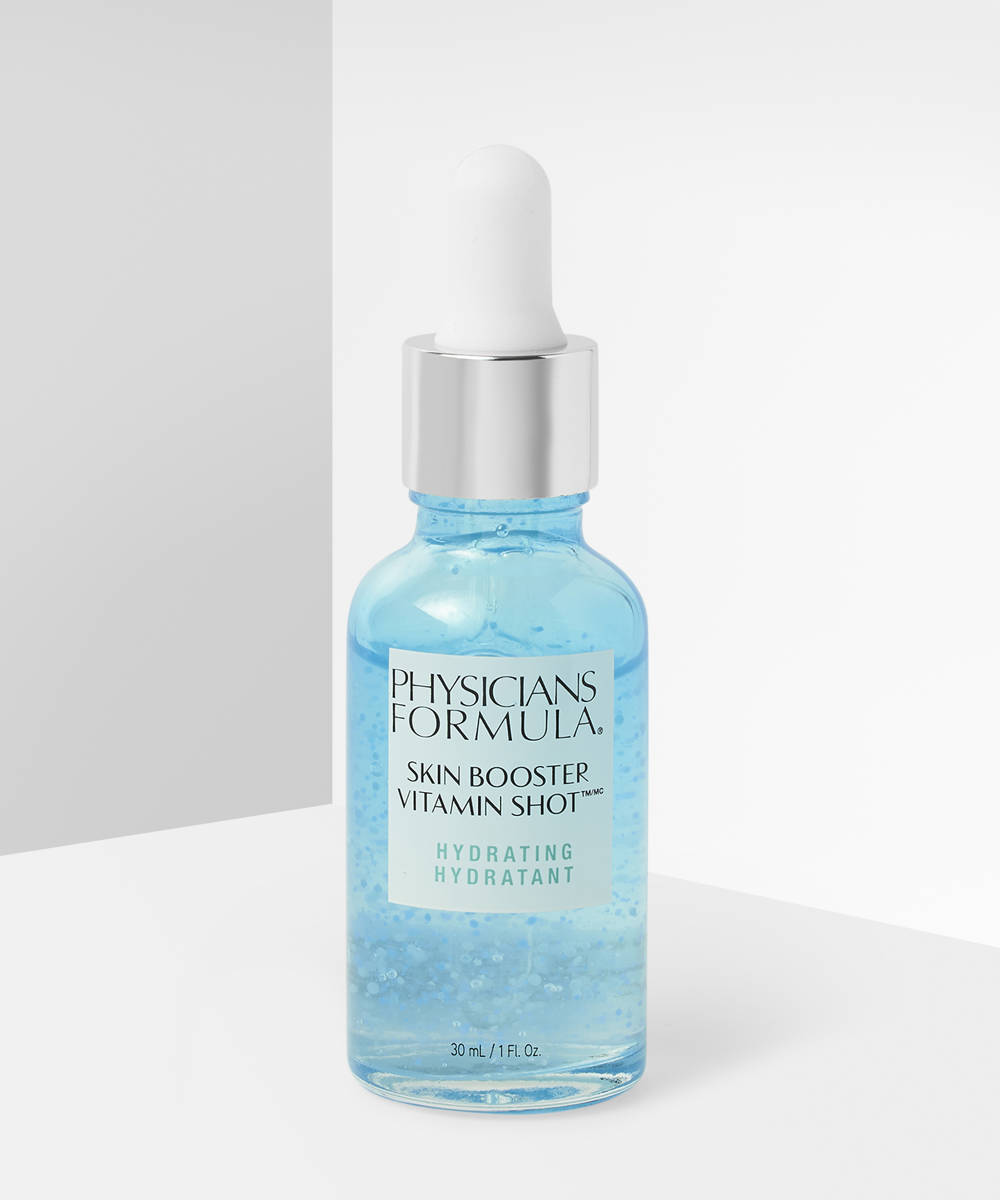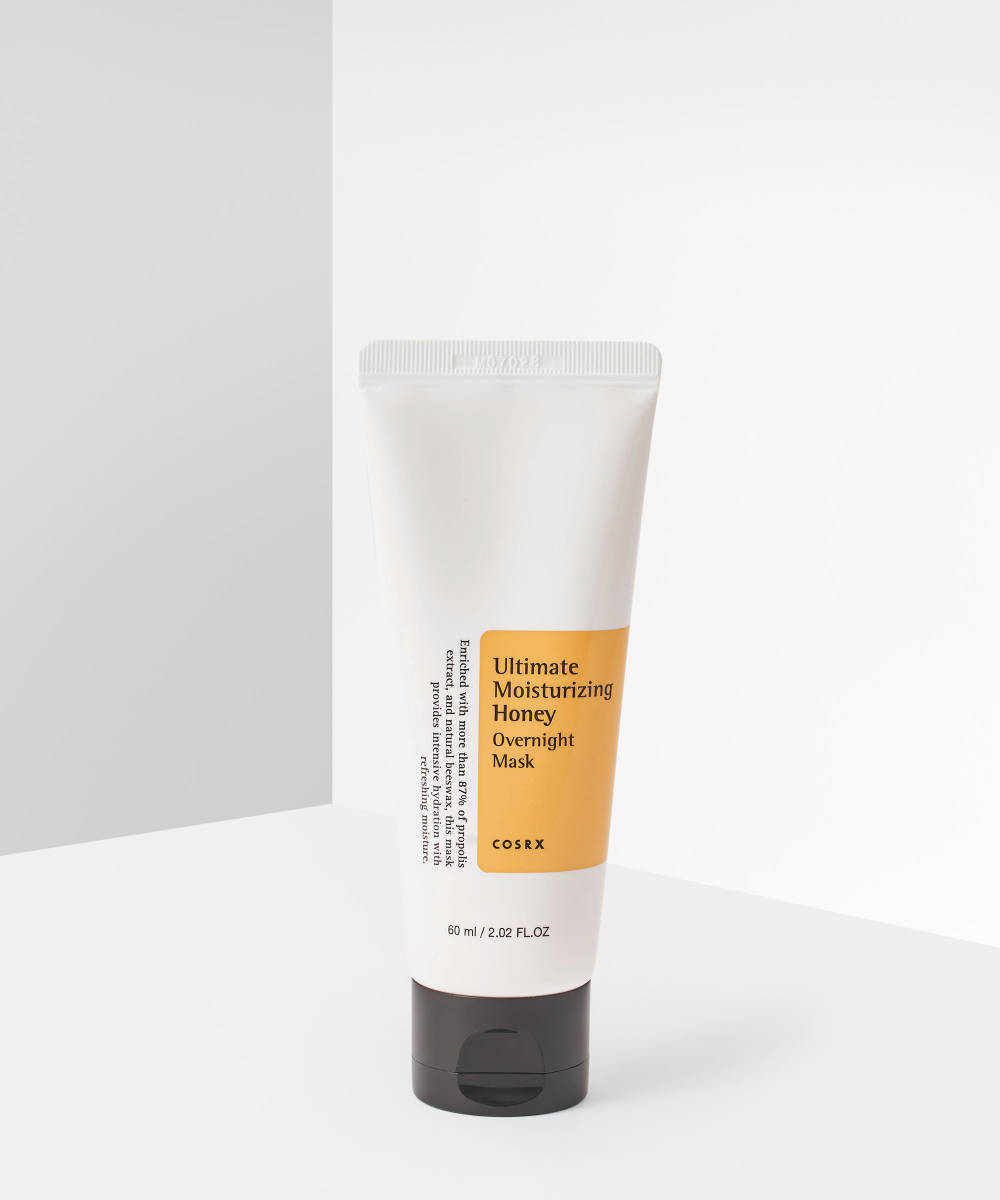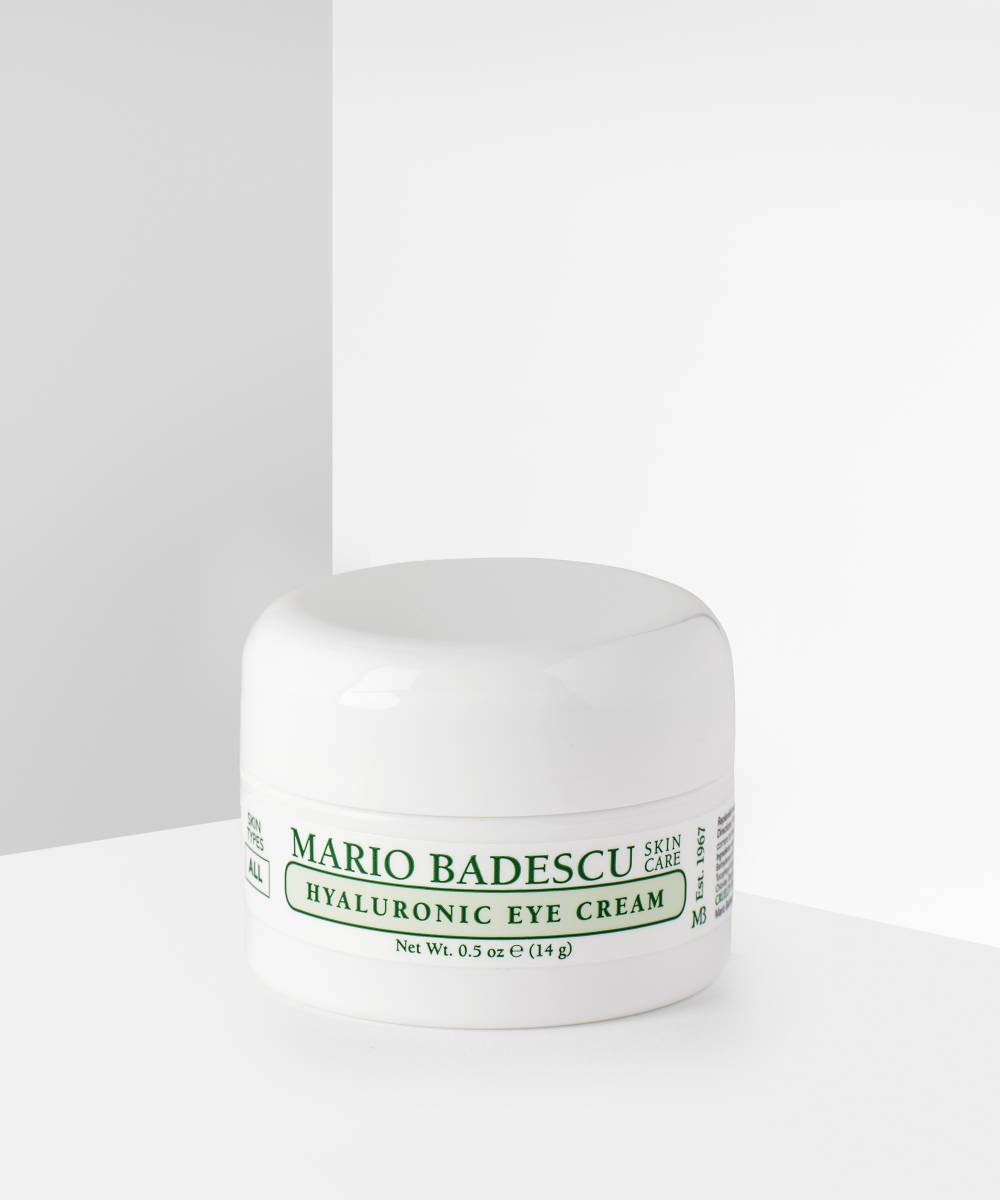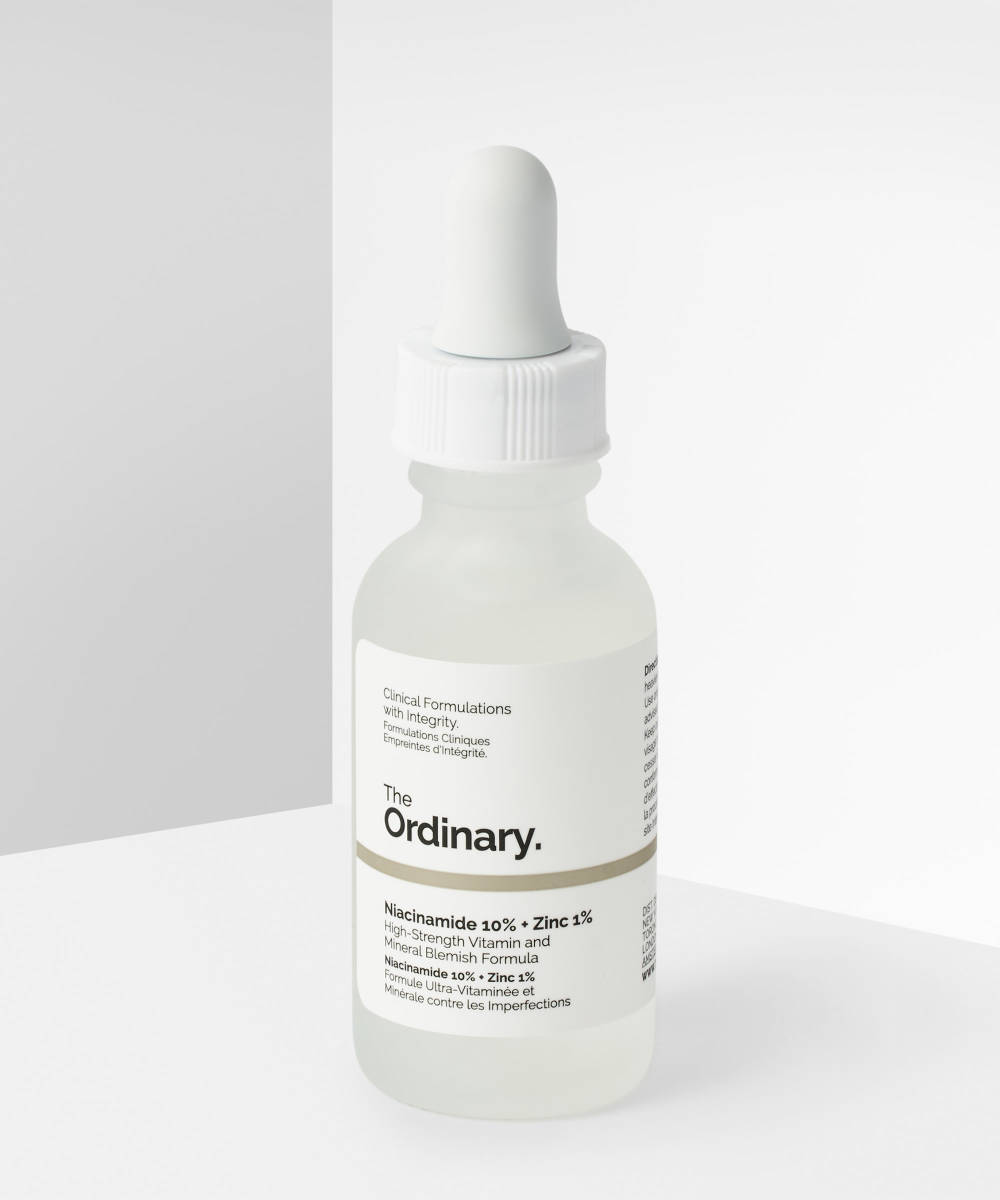From foundations to moisturisers, cleansers and serums, fragrances are found in a plethora of beauty products. Sure, they might make our skincare smell good enough to eat but how good are they for our skin? Turns out, not at all, as Dermatologist Dr Sophie Shotter explains.
Why are fragrances in skincare bad?
Before we dive into the damaging effects fragrances have on our skin, it’s important to note that this goes for natural scents, too. In the world of beauty, it’s all too easy to assume that natural = better, but this isn’t always the case. Fragrances in skincare are known to be one of the most sensitising ingredients,” says Sophie. “It doesn’t matter whether those fragrances are natural or synthetic, they are all problematic.” If you’re reading this with your non-sensitive skin, thinking that it doesn’t apply to you, we have some bad news… “Everyone should avoid fragranced products. Even if your skin isn’t easily irritated. However, they will cause more problems for those with sensitive skin,” Sophie stresses.
What problems can they cause?
According to the American Academy of Dermatology, fragrance is the biggest cause of cosmetic contact dermatitis. If you’ve ever been heavy-handed with acids or retinol, you will know just how frustrating irritated skin can be. That hot, itchy, burning sensation that sears through your skin and seems to last no matter how many soothing products you slap on (FYI if you do react badly to a skincare products the best thing you can do is avoid using any products for at least 24 hours). Depending on the potency of the fragrance in your product and your skin’s sensitivity, you may not be dealing with excessive irritation. However, just because your face isn’t beetroot red and rashy, doesn’t mean there isn’t damage being done. “Even if you think that your skin isn’t reacting to a fragranced product, it will still be causing inflammation on a cellular level. You may not notice these changes immediately, but over time they will start to appear. It’s similar to what happens if you don’t wear sunscreen when you are younger – years later sunspots, pigmentation and other skin damage starts to appear.” Knowing this, it seems strange that fragrances are added into skincare formulations. Funnily enough, it’s us – the consumer – who are the driving force behind this. Brands want their products to sell. For this to happen, they have to be appealing to all of our senses. An anti-ageing serum could be the literal fountain of youth, if it smells like gross chemicals no one is going to want to put it on their face.
How do you know if your skincare has harmful fragrances in them?
We get it, fragrances suck, but how can find out if you are smothering your skin with them on the regular? ”Learn to read labels. Fragrance and Parfum are commonly used terms,” says Sophie. “There are also a whole host of problematic essential oils which can cause problems, such as Rose, Lavender, Orange, Geraniol and Eucalyptus (there’s a complete list on Paula’s Choice here. Before you begin avidly whiffing the contents of your bathroom cabinet, be warned, your nose can’t always be trusted. “Some natural ingredients like vanilla and almond smell lovely but they aren’t bad for your skin, so the scent alone isn’t a marker.” Look out for ingredients like linalool, eugenol, cinnamal, citronellol, and limonene, as these are common irritants.
How do you know if you are allergic to a certain product?
If you are unsure whether or not you are allergic to a fragranced product, it’s best to do a patch test by applying a small amount on the inside of your arm or behind your ear, like you would with hair dye. If you experience no signs of irritation, it should be safe to apply on your face.
